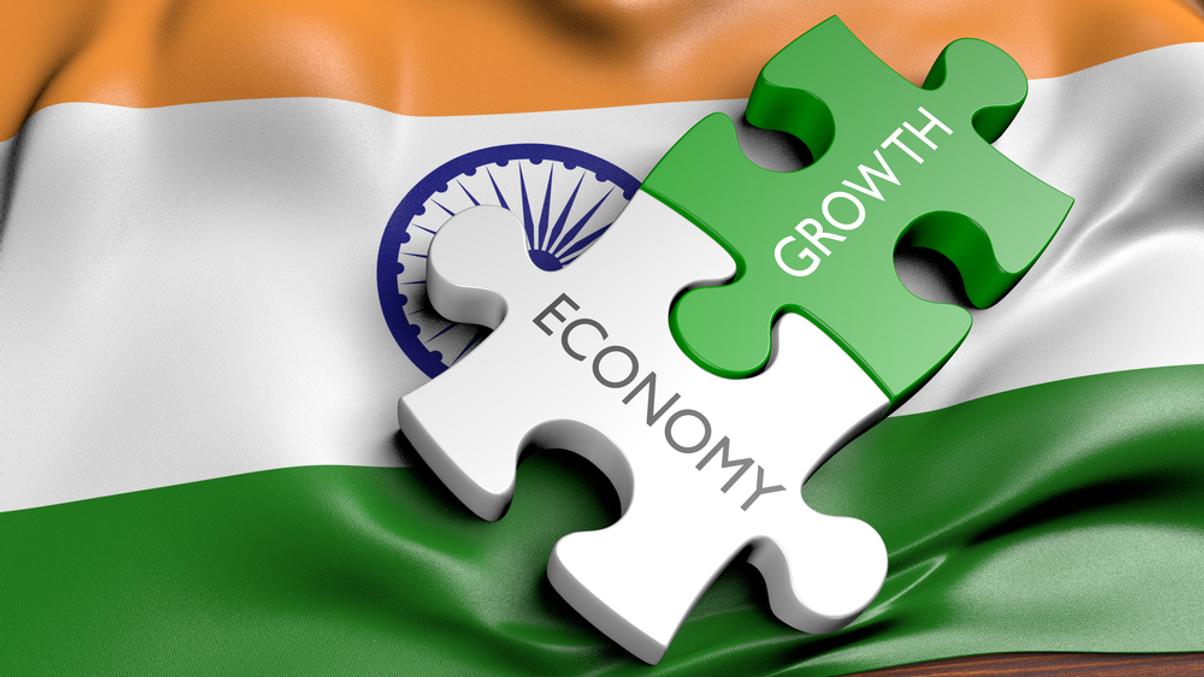Single family office sees liquidity, value boosting India bets
India's economy is moving toward's becoming the world's third-largest and offers big gains to those who stay the course, a family office executive said.

Single-family office GreenBear Group is optimistic about long-term investments in India, believing the country to be on the verge of significant growth and economic transformation.
Sign in to read on!
Registered users get 2 free articles in 30 days.
Subscribers have full unlimited access to AsianInvestor
Not signed up? New users get 2 free articles per month, plus a 7-day unlimited free trial.
¬ Haymarket Media Limited. All rights reserved.


